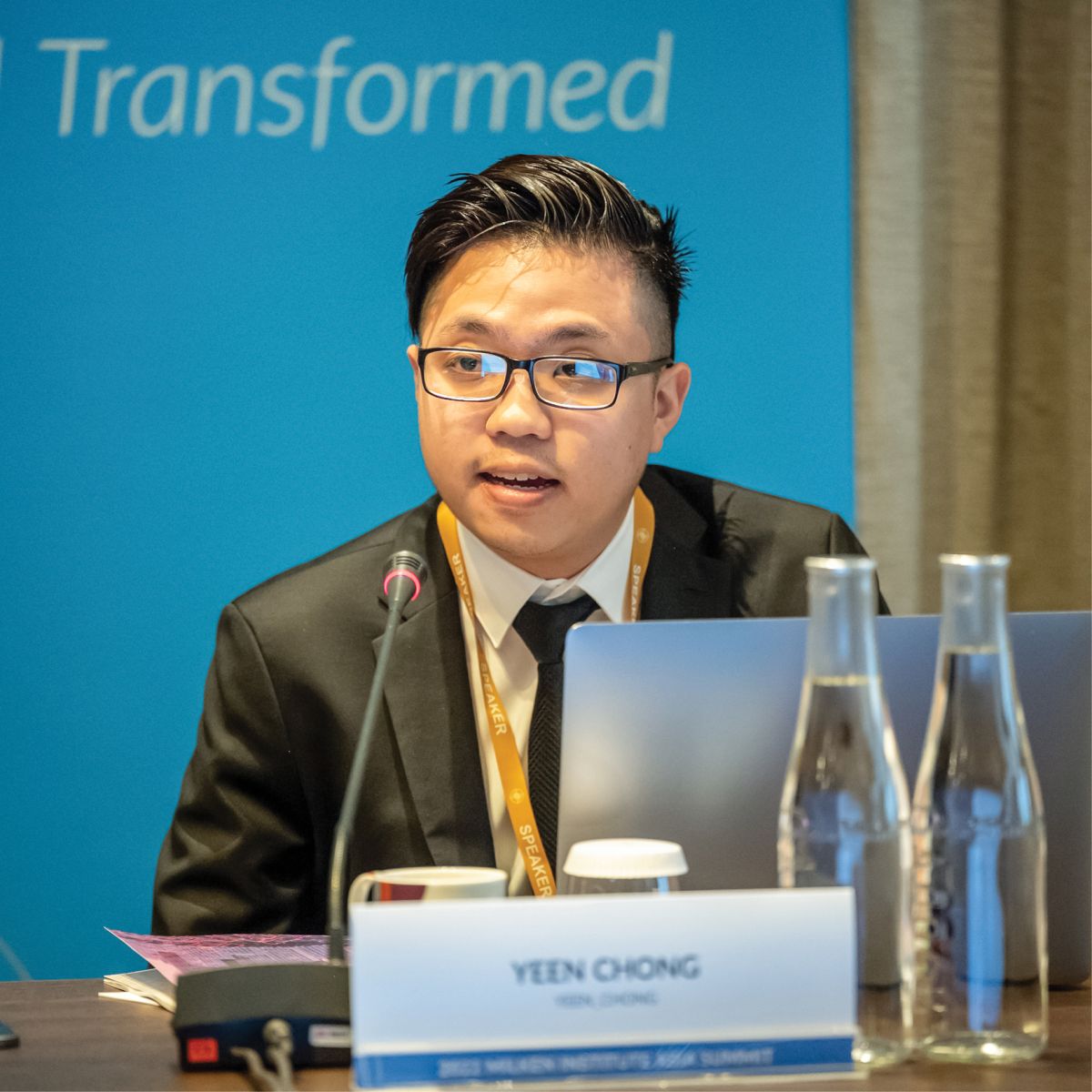The world has reached a critical juncture in the relationship between industry and society. More than ever, people around the globe are looking to businesses to drive positive social change. We are no longer in a period where, as Milton Friedman said, the only “social responsibility of business” is to continually increase its profits. Now, we’re guided by a sort of reverse Friedman-ism, where to succeed businesses must work to address social challenges while they simultaneously generate growth.
And this imperative is borne out by a demonstrable change in attitude among consumers and employees. According to Deloitte, more than 80 percent of young people believe that business success must be measured in both financial returns and positive societal impact. The Hong Kong Stock Exchange recently recommended that environmental, social, and governance responsibility be placed within the purview of the boards of listed companies. In addition, the Edelman Trust Barometer found that 67 percent of employees globally expect their jobs and companies to have a meaningful societal impact. And consumers are willing to pay for it—two-thirds of consumers say they will pay more for goods and services from sustainable companies.
But despite that demand, less than 1 percent of the $200 trillion assets controlled by global capital markets are committed to impact investing. Businesses and the private sector overall must play a more active role in solving global challenges. It is the responsibility of investors and capital allocators to support innovative entrepreneurs who have both the vision and a functioning model that drives impact. The Rise Fund, which TPG launched in 2016, lives at the nexus of this demand and supply; we aim to help investors express their values while meeting their fiduciary goals, and we help entrepreneurs create and grow business that supports positive impact, all without having to trade one for another.
Asia, with its massive consumer market and rapidly expanding ecosystem of entrepreneurs and startups, has the potential to be at the forefront of driving positive change in society. China now has 181 startups worth at least $1 billion, outpacing the US with 138, according to the Hurun Report. A recent report by Renmin University of China, looking at 52 universities across the country, found that 70 percent of undergraduate students attempt to start a business while attending university. Indonesia and surrounding markets are also experiencing growth in next-generation entrepreneurship.
As part of its global portfolio of more than 30 companies, The Rise Fund has invested in innovative companies in Asia that serve as great examples of entrepreneurial businesses driving real change. CD Finance provides microfinancing services and technical training in China to address the over 200 million unbanked or underbanked people in the country. To date, the company’s microlending reaches more than 380,000 customers in 91,000 villages across China, and with more than 3,000 on-the-ground staff sourcing and reviewing loans. Du Xiaoman helps low-income households in China by offering wealth management services, financial and technical education, and access to cash loans at low-interest rates. The company has already made a difference by collectively covering more than 130 million users, seeing $18.9 billion in cash loan origination.
Entrepreneurs have an unprecedented opportunity to create profitable businesses that can also help address the environmental and social issues our world faces, and Asia can be at the leading edge of this emerging movement. We encourage Asian innovators to challenge themselves to devise solutions and to build impact-driven fundamentals into their businesses from the start. And we challenge investors to partner with them to create businesses that help us achieve a more sustainable world.














